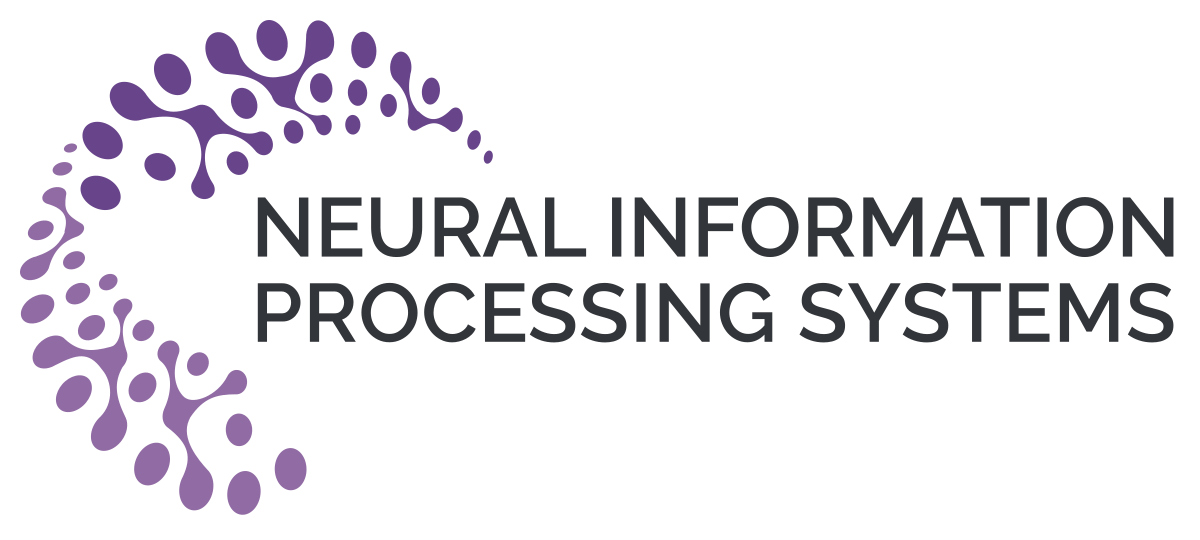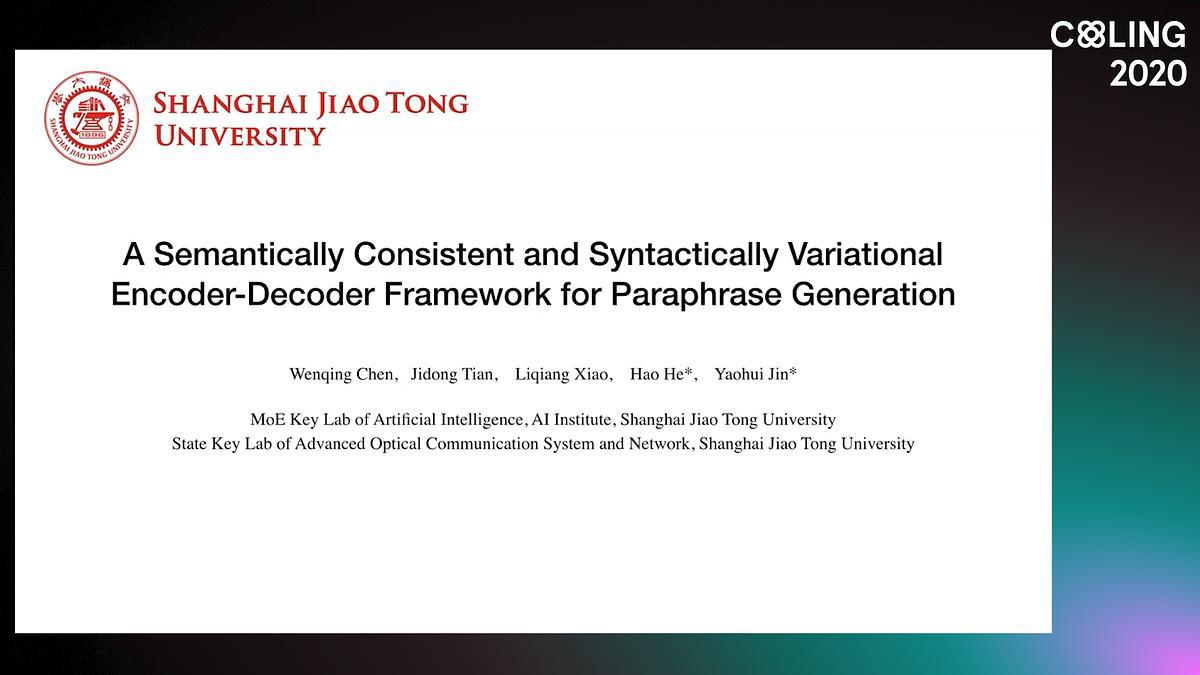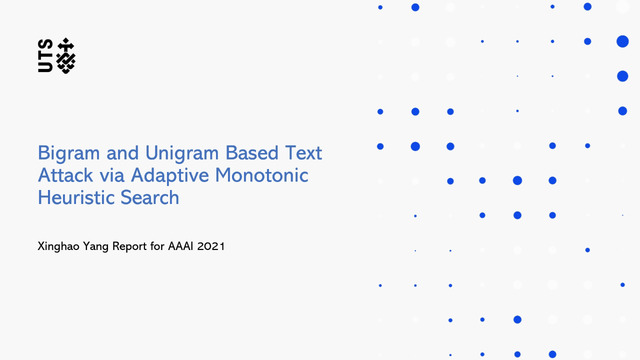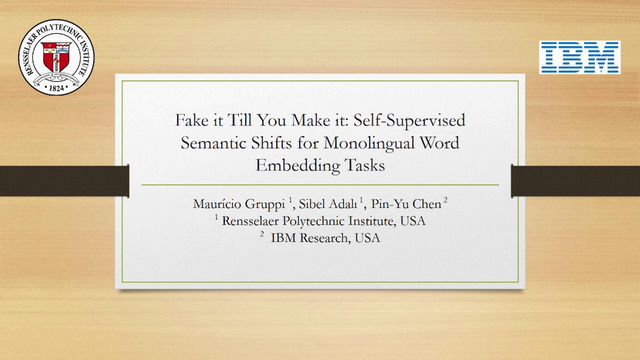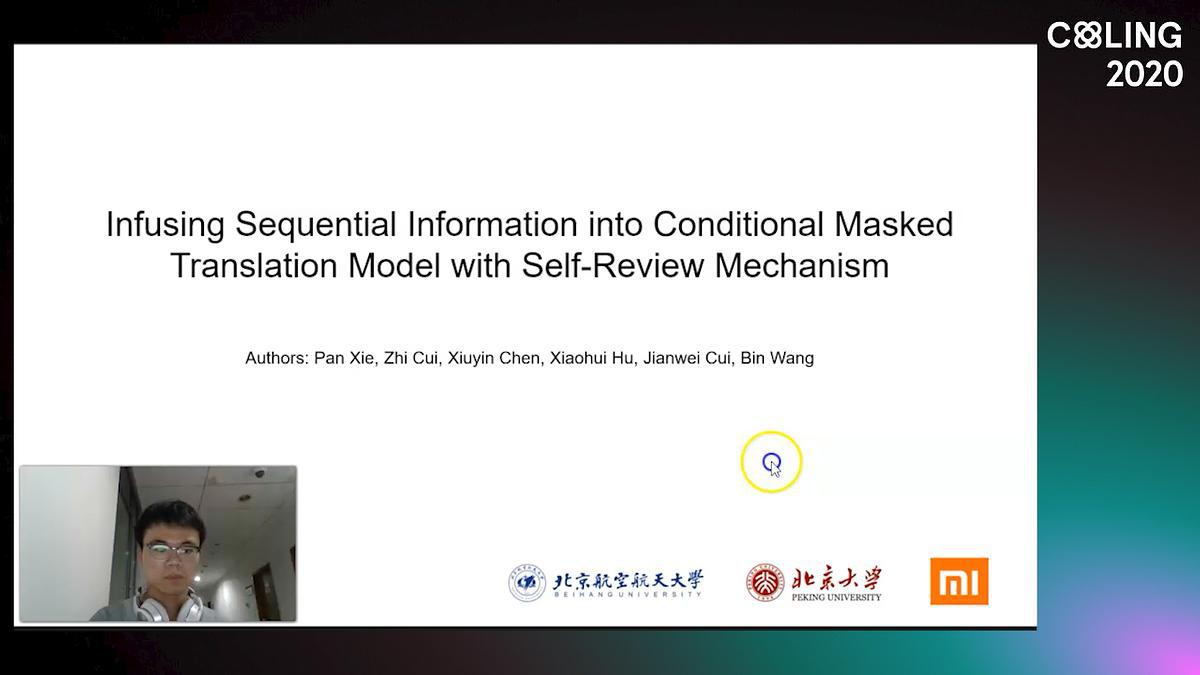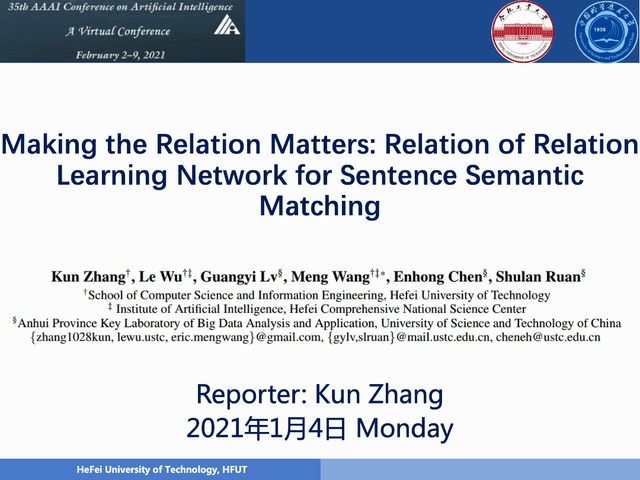Abstract:
In many natural domains, changing a small part of an entity can transform its semantics; for example, a single word change can alter the meaning of a sentence, or a single amino acid change can mutate a viral protein to escape antiviral treatment or immunity. Although identifying such mutations can be desirable (for example, therapeutic design that anticipates avenues of viral escape), the rules governing semantic change are often hard to quantify. Here, we introduce the problem of identifying mutations with a large effect on semantics, but where valid mutations are under complex constraints (for example, English grammar or biological viability), which we refer to as constrained semantic change search (CSCS). We propose an unsupervised solution based on language models that simultaneously learn continuous latent representations. We report good empirical performance on CSCS of single-word mutations to news headlines, map a continuous semantic space of viral variation, and, notably, show unprecedented zero-shot prediction of single-residue escape mutations to key influenza and HIV proteins, suggesting a productive link between modeling natural language and pathogenic evolution.

